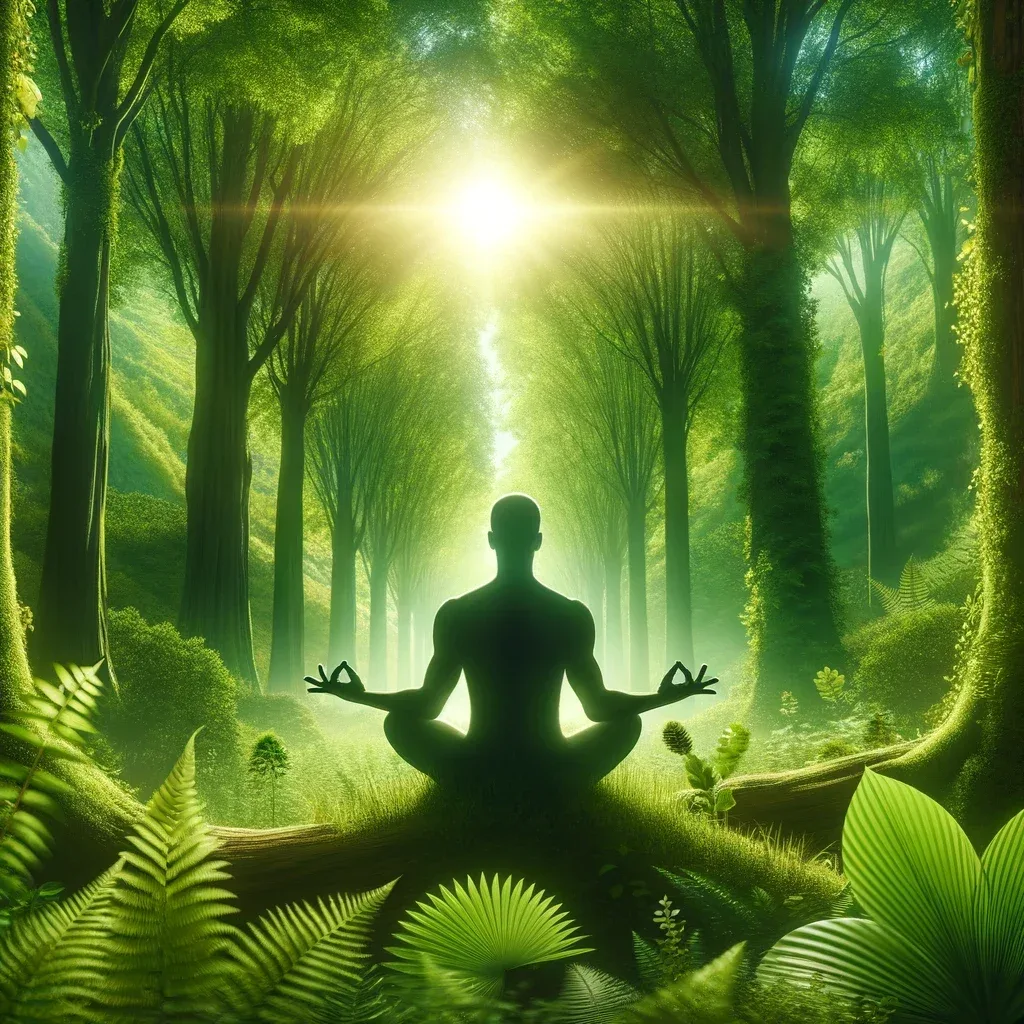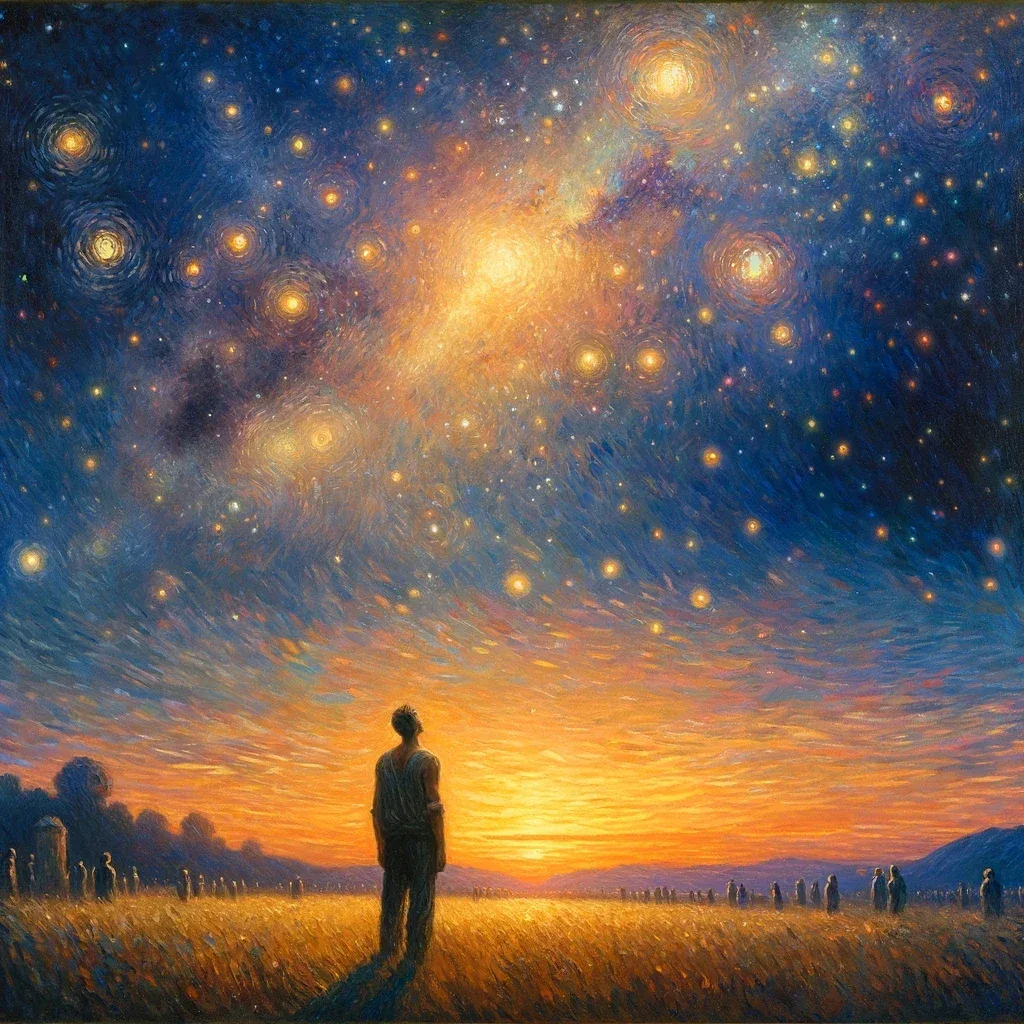Pantheism, a worldview that sees God in everything and everything in God, has been a philosophical and spiritual perspective that has captivated many people over the centuries. This article explores the reasons why individuals may choose to adopt pantheism as their worldview, highlighting the unique and appealing aspects of this belief. We will dive into the main reasons that make pantheism a relevant spiritual and philosophical choice for many.

1. Unity with the Universe

Harmony and Connection
Pantheism offers a sense of deep connection with the universe. This view holds that everything is part of a unified whole, which implies an intrinsic harmony between the human being and the cosmos. This perception of unity can bring a deep sense of belonging and purpose.
Ecological Perspective
The idea that everything is divine includes nature and the environment, which fosters a strong ecological ethic among pantheists. This perspective can encourage sustainable practices and a greater commitment to preserving the environment.
Expanded Consciousness
Pantheism encourages an expanded consciousness, where the boundaries between the self and the rest of the universe are seen as illusory. This expansion of consciousness can lead to profound experiences of self-knowledge and enlightenment.
2. Freedom from Dogmas

Philosophical Flexibility
Pantheism, unlike many organized religions, does not impose strict dogmas or specific beliefs. This flexibility allows adherents to freely explore their own spiritual ideas and experiences.
Spiritual Inclusivity
This worldview is inclusive, encompassing a wide range of traditions and beliefs. It offers common ground for different religions and philosophies, promoting interfaith dialogue and understanding.
Personal Autonomy
Pantheism values personal autonomy in the spiritual quest. He encourages individuals to find their own path and form their own understandings of the divine, rather than following prescribed doctrines.
3. Answers to the Big Questions

Origin and destiny
Pantheism offers a unique insight into the origins of the universe and the destiny of humanity. He sees everything as manifestations of divinity, providing a comprehensive perspective on creation and the purpose of being.
Confronting the Mystery
Rather than offering definitive answers, pantheism accepts mystery as an integral part of existence. This approach can be comforting for those who feel limited by rigid and dogmatic explanations.
Facing Death
The pantheistic view of death as a transition to another form of existence within the divine whole can offer comfort and a less fearful perspective on death.
4. Aesthetics and Wonder

Beauty in Everything
In pantheism, divinity is seen in all forms and manifestations of the universe, which leads to an expanded aesthetic appreciation of the world around.
Wonder and Reverence
This vision promotes a sense of wonder and reverence towards nature and the cosmos, enriching the experience of life and the perception of the sacred in everything.
Art and Creativity
Pantheism can inspire artistic and creative expression, as it sees art as a way to connect with and express the divine that permeates all things.
Conclusion
Pantheism offers a worldview that is both ancient and extremely relevant to the challenges
contemporaries. It fosters a deep connection with the universe, a flexible approach to spirituality, meaningful insights into life's big questions, and a deep appreciation for the beauty and wonder of the world. For these reasons and many others, pantheism continues to be an attractive and enriching choice for many on their spiritual and philosophical journey.
FAQ: Understanding Pantheism
This FAQ seeks to clarify the most common doubts about pantheism, a worldview that sees the divine in everything and everything as part of the divine. Here, we address questions related to its nature, practices, and philosophical and spiritual implications.






